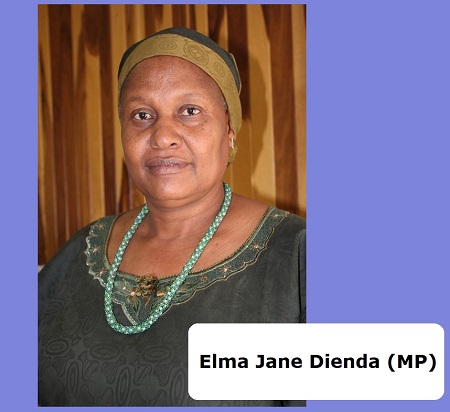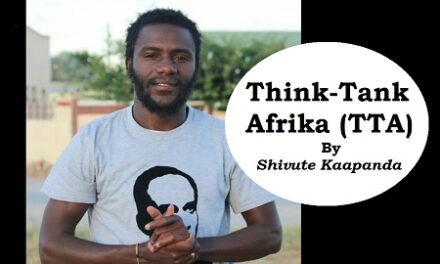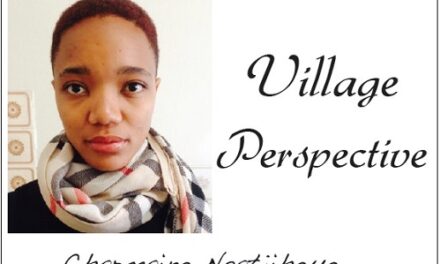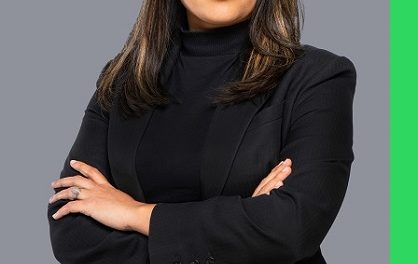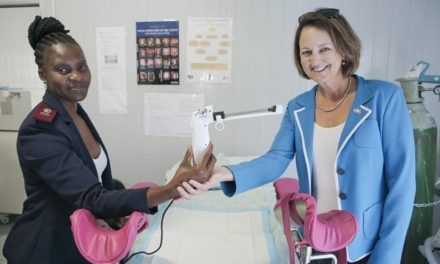Break the Bias: International Women’s Day
By Elma Jane Dienda |
For the past 47 years since 1975, the world celebrates International Women’s Day on the 8th of March.
International Women’s Day is a commemoration of the social, economic, cultural and political achievements of women. The day also marks a call to action for accelerating women’s equality.
The theme for this year is “Break The Bias”. What a wonderful theme indeed.
The theme calls on all progressive forces to ensure that systemic biases that manifest themselves in different facets of life against women are broken down, and that all forms of discrimination against women and girls are defeated in line with the United Nations Sustainable Development Goal 5.
Indeed, women have walked a long and hard-fought journey towards achieving gender equality, both at home and in the workplace. While some strides have been made in ensuring gender equality and the end of discrimination against women and girls, much more still needs to be done.
Women and girls are still at the receiving end of a deeply patriarchal society, which continues to exclude them from equal opportunities afforded to men due to systemic barriers set up by society.
The 2021 Global Gender Gap Report published by the World Economic Forum revealed that across the 156 countries examined, women remain grossly underrepresented in the political environment.
According to that report, women only represent around 26.1% of around 35 500 parliamentary seats, while only representing 22.6% of ministers worldwide.
The report further highlighted that there has never been a woman president in 81 of the countries examined, and that it will take another 145.5 years for gender parity to be achieved in politics.
The gender disparity in the political environment is not the only indicator that women are still at the receiving end of a patriarchal society.
The WEF report further indicates that it will take another 267.6 years to attain gender parity on the 2 economic participation and opportunity indicator, and another 14.2 years on the educational achievement and health and survival indicator.
Namibia has done relatively well in advancing gender parity in a number of sectors. In the political arena, efforts are being made to ensure that women are allowed to equally participate within their political parties for positions. We also acknowledge that we currently do have a woman leading a political party in Namibia.
However, much more still needs to be done. Namibia has still not had a woman president, and women in politics still face biases and stereotypes that are regressive towards the fight for gender parity.
The fight for gender parity also goes beyond politics. The priority areas for this year’s celebrations call on us to achieve gender parity in all strata.
Women from all walks of life need equal opportunities to achieve their goals. There are a number of key areas that we have to focus on if we are to achieve gender parity.
These include building workplaces where women thrive, elevating the visibility of women-creatives, achieving equality for women in technology and empowering women’s choices in sexual and reproductive health.
The theme for this year invites us to reflect on our biases and to defeat the stereotypes that hamper the advancement of women in all spheres.
Happy International Women’s Day. May God bless us all.
– Ms Elma Jane Dienda is a Namibian Member of Parliament (MP).

